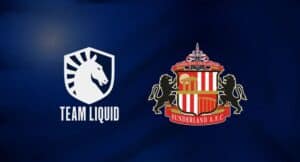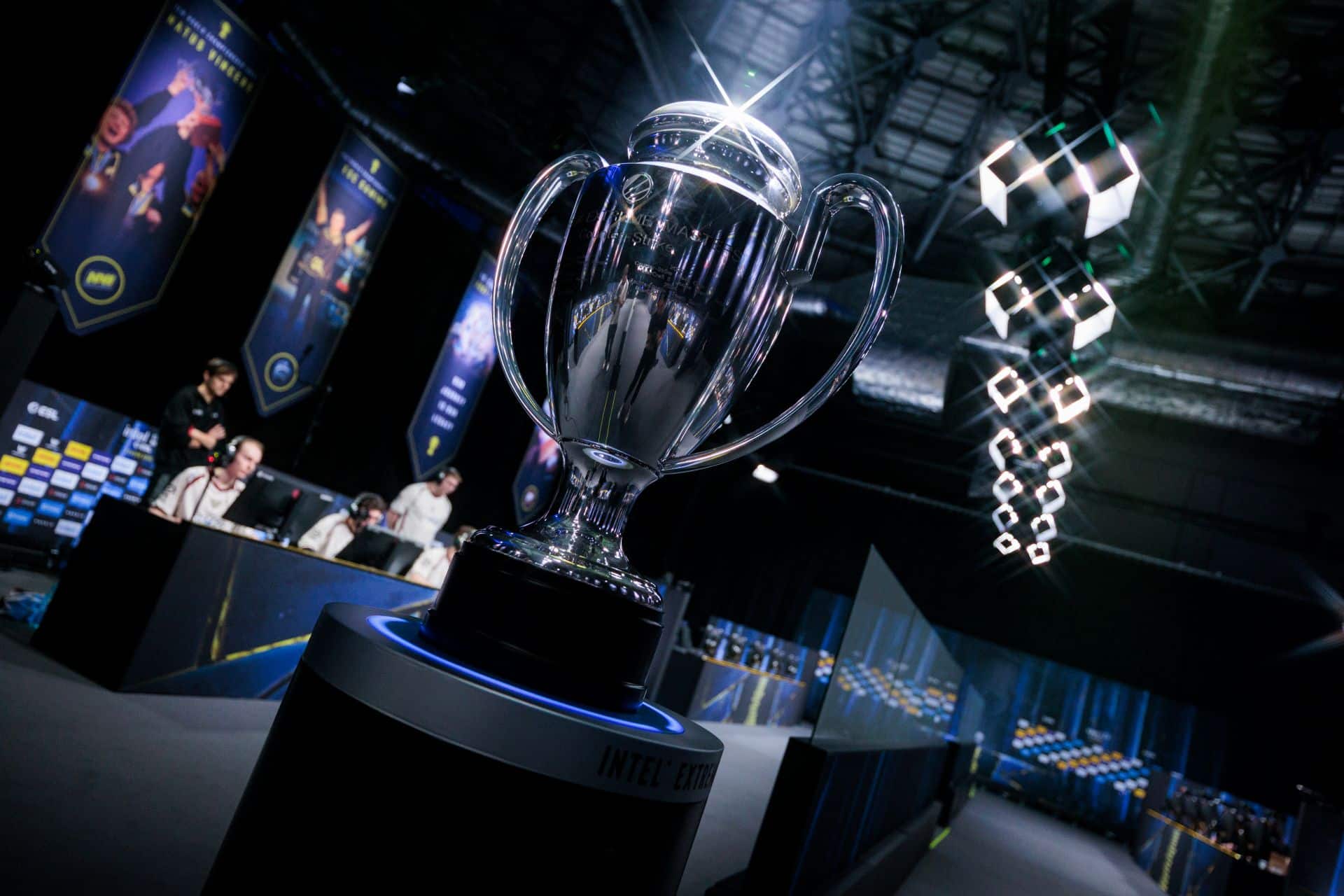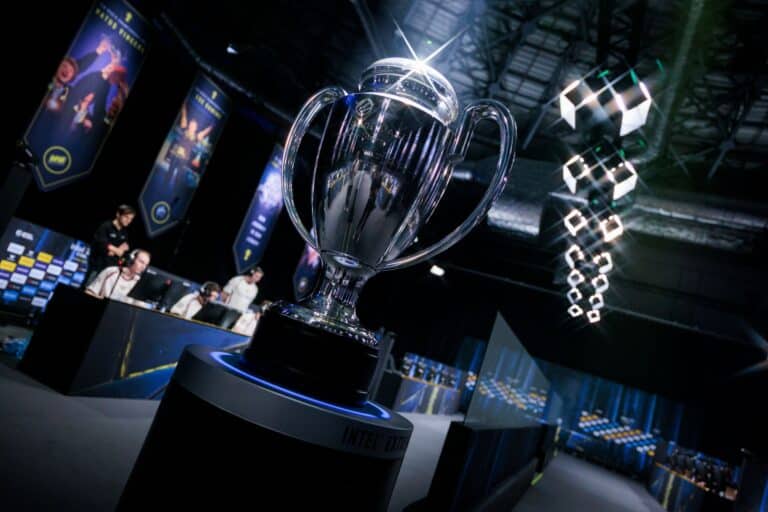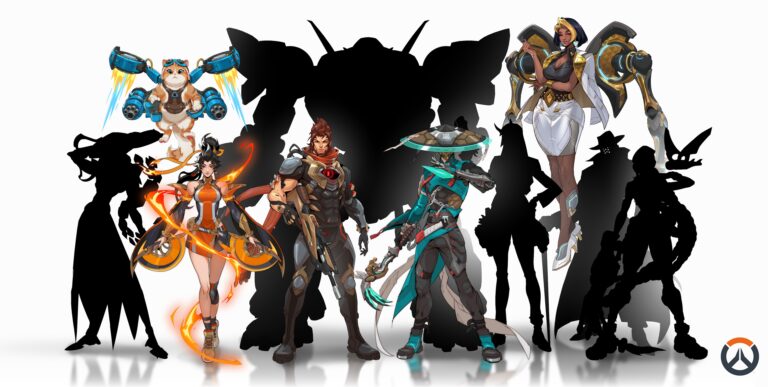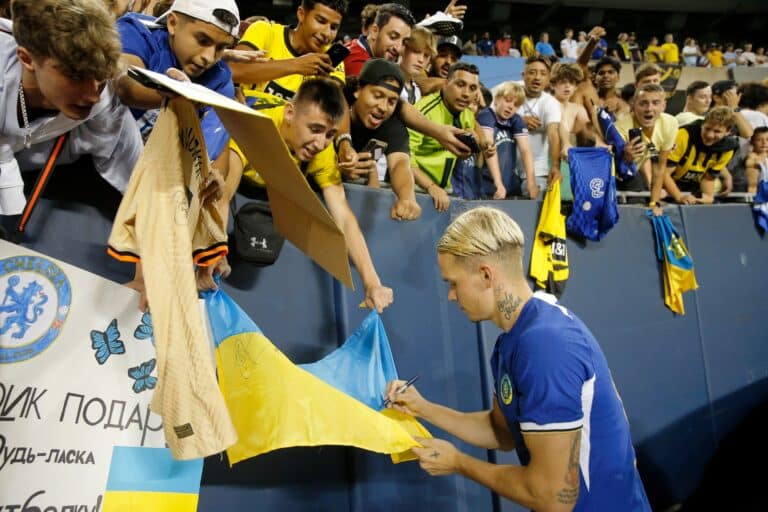Should esports teams be allowed to have a second team competing in qualifiers and eventually play against themselves?
Dom Sacco, Senior Editor
Last Updated: 18/06/2025
Esports News UK editor Dom Sacco shares his opinion on Barrage Esports having a second team competing for the UKLC League of Legends relegation spot that their first team is trying to defend.
Ah, UK League of Legends drama, it’s been a while.
Those of you on Twitter who follow the scene will no doubt have seen some of the comments about this. If not, here you go, get up to speed:
Barrage Esports, an organisation competing in the UK League of Legends tournament (the UKLC), finished last in the most recent split. Along with eighth-placed Nvision Esports, they will now be taking part in the promotion/relegation tournament.
Here, they will face four other sides:
- Bulldog Esports (for being Insomnia Masters i65 runners-up, as Nox weren’t eligible despite winning)
- ChampionClub (University of Exeter, for winning the NSE Summer League)
- London Lionhearts (for winning the Arena Clash)
- Barrage Esports (for winning the Forge of Champions ArenaGG open qualifier)
Wait, wait?
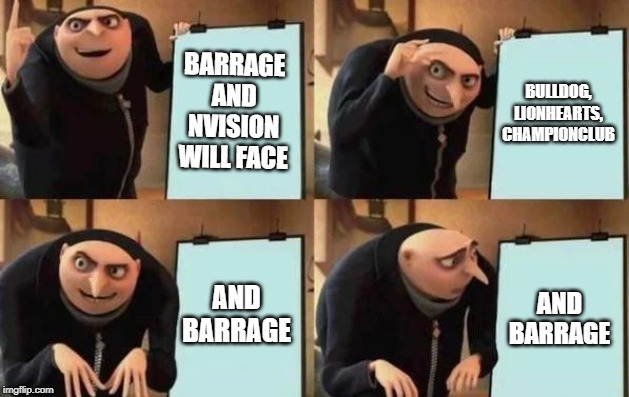
Yes, that’s right – Barrage could be playing against their B-team for a spot in the UKLC, giving the org an extra chance at qualifying for the next UKLC.
From what I understand, organisers Riot UK/LVP are fine with this, though they have not yet responded to my request for comment. Here’s how some of the community reacted on Twitter:
After a bit of a mid game fiesta, we take the Baron and end the game! GGWP to @LionsCreedGG!
— Resolve (@RSVGG) September 22, 2019
Barrage: RH Edition win the #forgeofchampions open qualifier!@TheGovernorLoL@SkudeLoL
@Vrowlol@Jakamaka7
@ReclamationEU@KiaoEU
@ToliamWasTaken pic.twitter.com/dRsyhSuV9S
Squashing this directly, the open team earned it after risking our positions on the main roster (Signed paperwork to be removed) and if we play against each other, may the best team win because we’re not going to roll over. Sorry you feel aggrieved bud, not our intentions 😅 https://t.co/Qv13qWO723
— Karl (@Reclamation_lol) September 22, 2019
Christ almighty. Should have stayed in bed
— Richard Froom (@froomielol) September 23, 2019
You can see the full tournament brackets here.
From what I can see, this does not break the Forge of Champions rules.
Under the slot ownership section, the rules (taken from the FoC website) state: “When a team is registered in a Forge of Champions tournament, in order to make any decision about team ownership, decision power will be assigned among the registered people in the LVP team profile as follows:
- The registered “Team Manager” holds 40% decision power
- The remaining 60% is divided among the people registered as “Players”. To make any decision, at least 50% decision power is needed. When referring to Premiership teams, ownership and slot decisions are held by the organization. In the context of these regulations, “ownership” refers to the right to participate in a slot; it does not grant property rights in any sense”
So, can you blame Barrage for doing this? Their aim is to protect their UKLC spot, and honestly I’m surprised other teams haven’t done this in the past.
But is it right? Is it fair? That’s another point, and one that lies with the organisers. By the above rules and Beeley’s comment, is there anything to stop a UKLC team putting together a handful of separate B-teams for the promotions tournament, to increase their chances of qualifying?
It seems not, though Riot/LVP would likely review this on a case-by-case basis and not allow it for competitive integrity reasons.
Can you imagine, Barrage team 4 vs Bulldog team 6, Nvision 3 vs Nvision 4 etc, it’d be nonsense and just wouldn’t happen. Teams wouldn’t need to do that, it’d be weird to watch and a huge effort for minimal gain.
I do find it odd that some players have been in the first team like Governor (top-lane sub), then dropped out to the B-team to re-qualify. I don’t blame them – they want to play and want to win – but I do question the rules.
I’m not advocating it as such, but I’ve seen this kind of ‘main team enters academy team into qualifiers and play against themselves’ thing several times in esports, and it sometimes raises eyebrows, but nothing really happens.
Other journalists like Richard Lewis have moaned about it in the past and it’s not ideal, honestly. It’d be good to see a response from Riot UK/LVP on this or a clearer ruleset – I’ll update this article if I hear back.
It’s worth noting there were other criticisms of the ArenaGG open qualifer too, but I think that’s enough drama for one day:
🇬🇧 Forge of Champions Summer 2019 Drama 🇬🇧
— James Thomsen (@TorokLOL) September 22, 2019
ArenaGG x LVPUK
- Seeding Failure
- NSG DQ
- WAR DQ
- 1 LVP Rep / ArenaGG Admins
- Barrage Retirement Home Temp DQ in Finals
UK scene never change ❤️
Further reading:
- Fnatic Rising win the UKLC Summer final and complete the UK LoL treble – but what’s next for them in the EU Masters?
- Forge of Champions returns for Summer 2019 with a new qualification format
Top Gambling & Casino Guides
Explore some of our most popular casino, betting, and gaming guides, trusted by UK players this year.
- Best Online Casinos in the UK
- Top Online Betting Sites 2026
- Best Esports Betting Sites
- Top Casinos Not on Gamstop
- No Verification Casino Sites in the UK
Dom Sacco, Senior Editor
Dom is an award-winning writer and finalist of the Esports Journalist of the Year 2023 award. He has almost two decades of experience in journalism, and left Esports News UK in June 2025. As a long-time gamer having first picked up the NES controller in the late '80s, he has written for a range of publications including GamesTM, Nintendo Official Magazine, industry publication MCV and others. He also previously worked as head of content for the British Esports Federation.
Stay Updated with the Latest News
Get the most important stories delivered straight to your Google News feed — timely and reliable





From breaking news and in-depth match analysis to exclusive interviews and behind-the-scenes content, we bring you the stories that shape the esports scene.
Monthly Visitors
User Satisfaction
Years experience
Latest Esports
